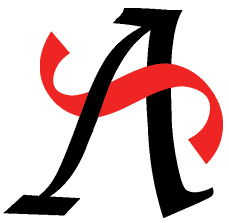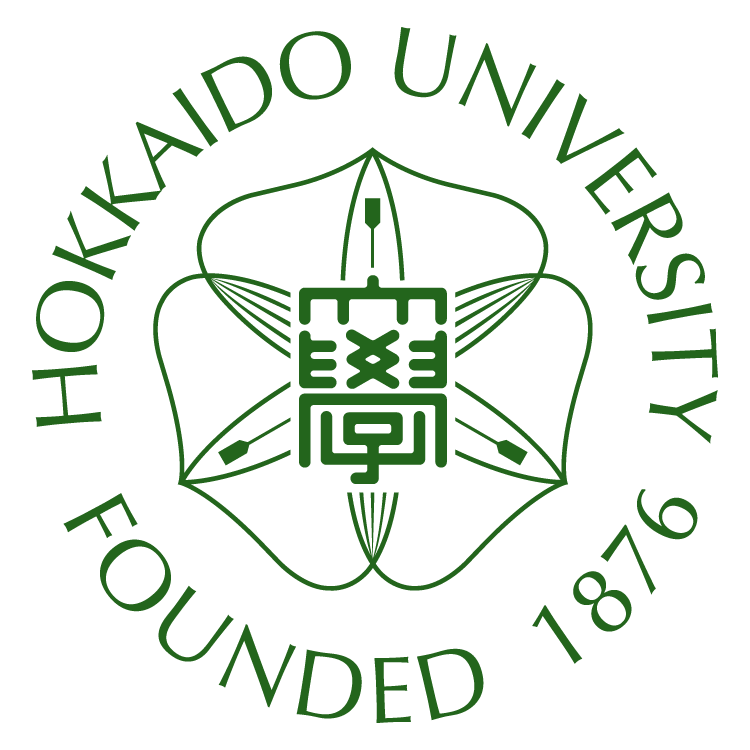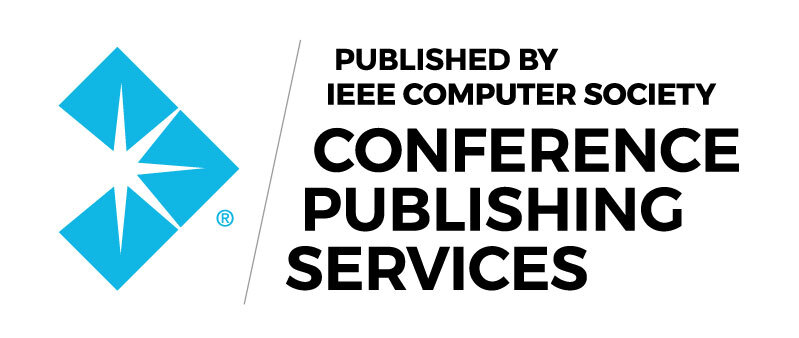NICOGRAPH International 2023
June, 9-10, 2023, Hokkaido JAPAN, In-person Conference.
Update
| 2023-06-12 | Award posted. |
| 2023-05-19 | Information for presenters posted. |
| 2023-05-09 | Program posted. |
| 2023-04-24 | Updated Keynote session. |
| 2023-04-17 | Poster submission is now open. |
| 2023-04-07 | Online registration is now open. |
| 2023-01-30 | Schedule changed. |
| 2023-01-20 | Updated Registration Fee & Payment info. |
| 2022-12-01 | Website opened. |
NICOGRAPH International
The 22nd annual international conference "NICOGRAPH International {{datex.year}}", Organized by the Society for Art and Science will take place in {{datex.month1}} {{datex.days}}, {{datex.year}} in Hokkaido, Japan.
NICOGRAPH has a quarter-century history. Its foundation can be traced back to 1985. The time-honored annual conferences have been organized by the Society for Art and Science since 2000, which aim at promoting the research combining science and art in computer graphics and related fields as well as to advance the development of interactive media art. In 2002, the first international conference NICOGRAPH International rose out of the domestic series, and since then NICOGRAPH international conference has been organized annually.
All accepted papers and selected posters will be included in the conference proceedings to be published by Conference Publishing Services (CPS) (https://www.computer.org/conferences/cps) and submitted to the IEEE Xplore and Computer Society digital libraries.
Important Dates
- Abstract Submission
Feb. 3, 2023-> Feb. 17, 2023- Paper Submission
Feb. 10, 2023-> Feb. 24, 2023- Author Notification
- Apr. 14, 2023
- Poster Submission
- Apr. 21, 2023
- Camera-ready
- Apr. 28, 2023
- Conference
- {{datex.month2}} {{datex.days}}, {{datex.year}}
Awards
{{ error }}
Loading...
{{entry.award_title}}
- {{item.title}}
{{item.author}}
Call for Submission
Submission categories include long/short oral paper (up to 8 pages) and poster (1 page). NICOGRAPH International 2023 reviewing is single blind, in that authors are not shared the names of the reviwers, but the reviewers know the authors.
Online Submission: https://easychair.org/my/conference?conf=nicoint2023
All accepted submissions will be included in the conference proceedings to be published by Conference Publishing Services (CPS) (https://www.computer.org/conferences/cps) and submitted to the IEEE Xplore and Computer Society digital libraries and submitted for possible indexing through INSPEC, EI (Compendex), Thomson ISI, and other indexing services. However, depending on the number of submissions, not all poster presentations can be published in the IEEE CPS. The papers must be written in English, and use the following templates for preparing you papers:
IEEE Templates (DOC, Latex, Overleaf) (8.5" x 11", US Letter)
Authors may optionally upload supplementary material, which may include videos, audios and images to showcase results/demo of the proposed approach/system. With the electronic submission system, you can submit your papers and edit your submission as many times as you need before the submission deadline. The authors are encouraged not to wait till the submission deadline and register their paper titles and abstracts as earlier as possible to facilitate the reviewing process. By submitting a paper the authors confirm that their paper represents original previously unpublished work, and if accepted, at least one of the authors will register for the conference and present the paper.
Authors can submit papers related to what has already been published in journals or conference proceedings. However, please be aware of the copyright rules of the previous publication, and be sure to cite the publication, especially, in case it has been published in a journal paper or a reviewed international proceeding. Authors also need to clarify a difference or progress from the previous publication. The previous publication is necessary to be uploaded through a submission form for the reviewing purpose.
Topics and Keywords of the conference include but are not limited to:
- Computer Graphics
- Computer Vision
- Image/Video Processing
- Visualization
- Non-Photorealistic Rendering
- Animation
- Multimedia
- Virtual Reality/Augmented Reality
- Digital Art
- E-Heritage
- Video Game
- Content Design
- Affective Computing
Registration & Payment
For online registration, please fill out the linked form of the button below.
Registration Fee
| Early bird: until April 30th | Standard: after May 1st | On-site | |
|---|---|---|---|
| Regular: Member* | 26,000 JPY | 31,000 JPY | 36,000 JPY |
| Regular: Non-member | 29,000 JPY | 34,000 JPY | 39,000 JPY |
| Student: Member * | 10,000 JPY | 15,000 JPY | 20,000 JPY |
| Student: Non-member | 15,000 JPY | 20,000 JPY | 25,000 JPY |
* Member of the Society for Art and Science or ADADA.
Important
At least one of each accepted paper (full-oral/short-oral/poster) has to pay registration fee no later than Apr. 30, 2023.
Payment information will be provided via email after your online registration is completed.
Information
Oral Presentation
The presentation time is 20 minutes (15 minutes presentation + 5 minutes Q&A) for a long-oral paper and 15 minutes (10 minutes presentation + 5 minutes Q&A) for a short-oral paper. Please make sure your laptop and presentation software is working and meet your session chair before the session starts.
Poster Presentation
Poster Session
Accepted posters will be presented at the poster session. You have to print out your poster beforehand and bring it to the conference venue by yourself. You are expected to stand in front of your poster and discuss with other participants who are interested in your poster. We are going to provide a display area of A0 portrait. Please make sure your poster does not exceed this size. Please also note that you need to remove the posters after the poster session (Day 2).
Poster Fast Forward Session
In the poster fast forward session (Day 1), you will have 60 seconds to introduce your work. We will put together a PowerPoint slideshow including the slides of all posters. It means you have to submit your slides by the deadline for submitting the fast-forward session. Please make sure the total length is 60 seconds. Please make sure you rehearse to see how long your fast forward talk actually is.
{{ error }}
Loading...
Details
{{data.program[session[0].day].day}}
{{entry.session_title}}
| {{presentations[pid].type}} {{presentations[pid].type}} ({{presentations[pid].id2}}) | {{presentations[pid].title}}, {{presentations[pid].authors}} {{presentations[pid].title}}, {{presentations[pid].authors}} |
|---|
Keynote Speakers
NICOGRAPH International 2023 presents keynote speaker sessions with three leading experts in the field of computer graphics and interactive techniques.
Computational Imaging for Attractive Visual Reproduction
Shinsaku Hiura
University of Hyogo
Abstract
Traditionally, we use a camera and a display to record and reproduce beautiful things. In addition, we can use computational technologies such as computer graphics to generate attractive visual content. However, even now, computational methods are not well integrated with imaging, and the reproduction of real objects is not well supported.
In this talk, I will address a method to extend and enhance the reproduction of existing things in the real world. I will mainly focus on the imaging and input stages, rather than the generation and output, to achieve the desired result. Specifically, I will introduce the concept and representative methods in computational photography research, as well as the reproduction of surface texture and reflection using BTF (Bidirectional Texture Function).
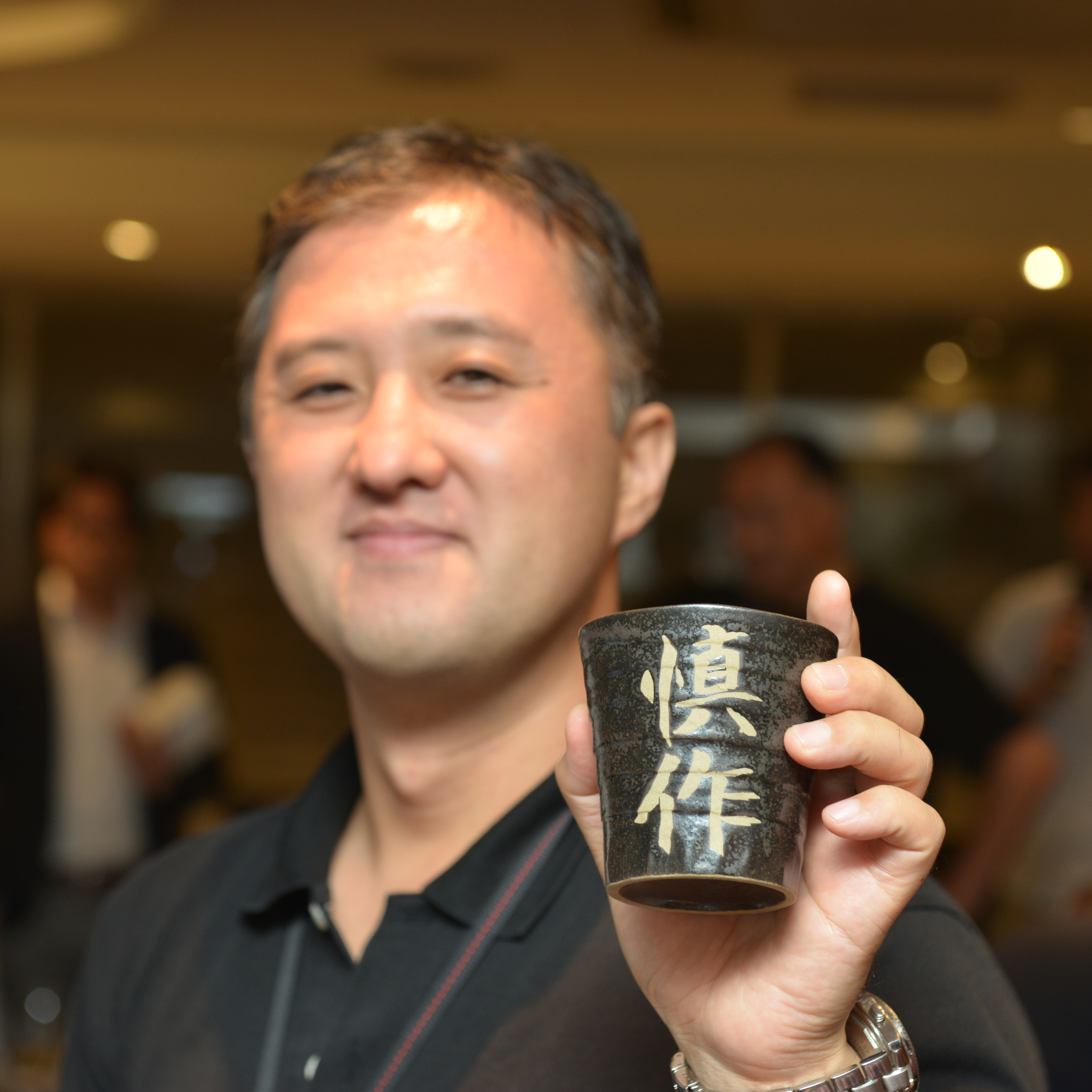
Shinsaku Hiura
Biography
Shinsaku Hiura skipped the 4th grade of the Faculty of Engineering Science at Osaka University and entered the Graduate School of Engineering Science in 1993. He completed his doctoral course at Osaka University in 1997 and became a research associate at Kyoto University. In 1999, he became an assistant professor in the Graduate School of Engineering Science at Osaka University, and an associate professor in 2003. From 2008 to 2009, he joined the Media Laboratory at the Massachusetts Institute of Technology as a visiting associate professor. In 2010, he moved to Hiroshima City University as a professor and is currently a professor at University of Hyogo since 2019. He is engaged in research on computer vision, 3D image analysis, and computational photography. In 2000, he received an outstanding paper award from the Symposium on Sensing via Image Information. In 2010, he received the IPSJ Yamashita SIG Research Award. He holds a D.Eng. degree.
Photorealistic Rendering using Real-world Lighting and Materials
Kei Iwasaki
Saitama University
Abstract
Photorealistic rendering is pervasively used in many applications, including design software, commercial films, movies, games, and virtual reality. Rendering techniques that faithfully model real-world lighting and materials and efficiently simulate light transport from light sources to the viewpoint are the basis for realizing digital twins.
In this talk, I will present several research topics, including image-based lighting that records real-world lighting as HDR images, bidirectional path tracing that simulates light transport from both the eye and the light sources, and visual appearance modeling that captures the reflectance of real-world materials.
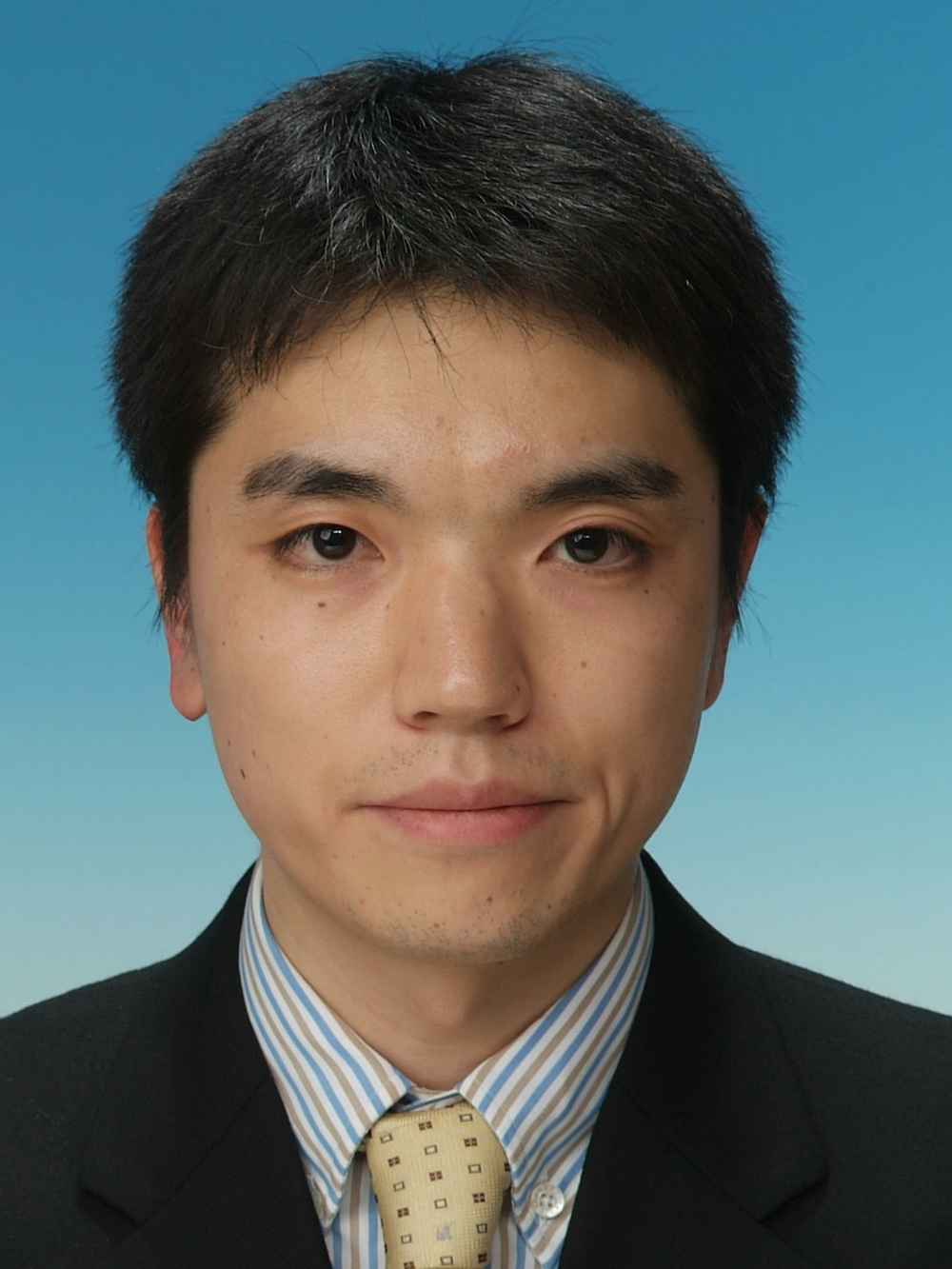
Kei Iwasaki
Biography
Kei Iwasaki received his B.S., M.S., and Ph.D. degrees from the University of Tokyo in 1999, 2001, and 2004, respectively. He is currently a professor at the Graduate School of Science and Engineering at Saitama University. Before that, he worked at Wakayama University. His research interests include rendering (real-time and offline), visual appearance modeling, and visual simulation.
Enabling a Better Life with Better Interaction Designs
Daisuke Sakamoto
Hokkaido University
Abstract
How can we coexist with computers that continue to evolve beyond our wildest imagination? Data indicates that fewer than 10% of the population can fully utilize these advanced computers, even with the rapid proliferation of computers and mobile devices. How should we interact with entities that surpass human intelligence, such as LLMs, when most of us struggle to use computers in the first place? How can we integrate these computers into our lives to enhance our well-being? Can they indeed provide support for our daily existence? This presentation will highlight my research on interaction design that leverages computer technologies to improve our lives. I will specifically showcase my work on human-computer interaction (HCI), ranging from touchscreen user interfaces to mobile device interfaces, home robot interfaces, and those that enhance digital entertainment and creative pursuits. Throughout this talk, I will share insights and ideas from my previous research that could potentially serve as the foundation for our future lives.
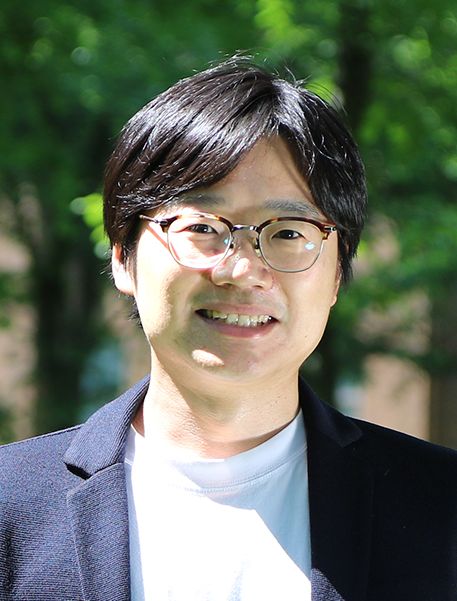
Daisuke Sakamoto
Biography
Daisuke Sakamoto is an Associate Professor of the Human-Computer Interaction lab at Hokkaido University. He received his B.A.Media Architecture, M.Systems Information Science, and Ph.D. in Systems Information Science from Future University-Hakodate in 2004, 2006, and 2008, respectively. He was an Intern researcher at ATR Intelligent Robotics and Communication Labs (April 2006 - March 2008). He worked at The University of Tokyo as a Research Fellow of the Japan Society for the Promotion of Science (April 2008 - March 2010). He joined JST ERATO Igarashi Design Interface Project as a researcher (April 2010). After that, he backed to The University of Tokyo as an Assistant Professor (April 2011) and a Project Lecturer (January 2013 - February 2017). His research interests include Human-Computer Interaction and Human-Robot Interaction, which focus on designing user interaction and interaction for computing systems.
{{ error }}
Loading...
Organization
{{roles.title}}

{{chair.name}}
{{chair.affiliation}}
{{roles.title}}
In Cooperation with:
ADADA JAPAN (http://adada.info/jp/)
In Cosponsorship with:
Advanced IT Prototyping Laboratory, Institute for the Promotion of Business-Regional Collaboration, Hokkaido University (https://www.mcip.hokudai.ac.jp/en/)
Venue & Accommodation
NICOGRAPH International 2023 will take place at The Global Research Center for Food & Medical Innovation (FMI) in the north area of Hokkaido University’s Sapporo Campus.
Hokkaido University
Hokkaido University is a public research university in Sapporo, Japan, known for its outstanding academic programs and research excellence. It was founded in 1876 as Sapporo Agricultural College and has since grown into a leading institution of higher learning in Japan. The university offers undergraduate and graduate programs across a diverse range of disciplines, including natural sciences, engineering, agriculture, medicine, humanities, and social sciences. Hokkaido University has a strong focus on internationalization, with a diverse student body and partnerships with over 260 institutions in more than 60 countries. The university's commitment to interdisciplinary research and innovative solutions to global issues makes it a valuable contributor to the international academic community.
Global Research Center for Food & Medical Innovation
The Global Research Center for Food & Medical Innovation (FMI) is a research center in Hokkaido University, Japan, that focuses on developing innovative solutions to global challenges in food and medical sciences. It brings together researchers from diverse disciplines to conduct cutting-edge research and collaborate with industry partners and government agencies to translate research findings into practical applications.
Address | North 21, West 11, Kita-ku, Sapporo, 001-0021, Japan
Access
Please check the following link for the details of access.
From Sapporo Station to FMI: https://www.fmi.hokudai.ac.jp/en/access/
From New Chitose airport to Sapporo Station:
We strongly recommend catching the 40 minute JR Rapid Airport Line from the airport to Sapporo Station which runs every 15 minutes.
Accommodation
Please reserve appropriate hotels at your preference. We normally recommend hotels near Sapporo Station or Namboku Line stations.
NICOGRAPH Code of Conduct
25. March, 2023(Created)
1. April. 2023(Board approval)
NICOGRAPH aims to contribute to the advancement and development of art and sciences through free and vigorous discussion while exploring the interface between art and science. To achieve this, it is necessary to create an environment in which each participant can engage in discussion in a safe and secure manner while embracing diversity. Therefore, we expect all NICOGRAPH participants to adhere to the following policies.
- Do not violate life, health, safety or property of participants.
- Respect personality and privacy of participants.
- Do not discriminate against participants based on their gender, sexual orientation/gender identity, disability, age, national origin, race, faith or creed, or other characteristics. NICOGRAPH welcomes respect for all participants while considering cultural diversity in society.
- Do not behave with any harassment. NICOGRAPH welcome to prevent harassment in any academic activities.
- Do not injure participants, their property, reputation, or employment through false or malicious conduct, rumors, or other verbal or physical abuse.
- Conduct honest and fair discussions from an objective standpoint based on facts and data, and fairly evaluate the contributions of participants.
- Respect the intellectual property rights and intellectual achievements of participants.
- Do not interfere with the progress of a conference.
- Disseminate information on the network while complying with the law and based on the agreements of participants for above 1-8 terms.
- Notify to the NICOGRAPH Executive Committee if you find any conduct that violates the above or that may threaten the operation of the participants or related organizations.
- All participants agree to and support following this policy and share a duty of effort to ensure compliance.
- Any participants who intentionally violate the above 1-8 terms will be disqualified from participation in events for a maximum of four (4) years. The NICOGRAPH Executive Committee will determine it through deliberate discussions.
Additional notes
If a participant behaves in unacceptable behavior at NICOGRAPH that violates the above, or has done so in the past, the NICOGRAPH Executive Committee reserves the right to take any action it deems appropriate:
- Prohibit participation in any NICOGRAPH activities, including publication of papers.
- Prohibit profit from any activities of NICOGRAPH.
- Suspend or terminate a membership of the Society for Art and Science.
The NICOGRAPH Executive Committee may take these actions for an offender who has a membership of the Society for Art and Science or not.
We appreciate your understanding and cooperation.
Contact
Office of the society for art and science
Itoh laboratory, Department of Information Sciences, Ochanomizu University
2-1-1 Otsuka, Bunkyo-ku, Tokyo, 112-8610, Japan
TEL:+81-3-5978-5700
e-mail: nicoint2023-org _at_ art-science.org
